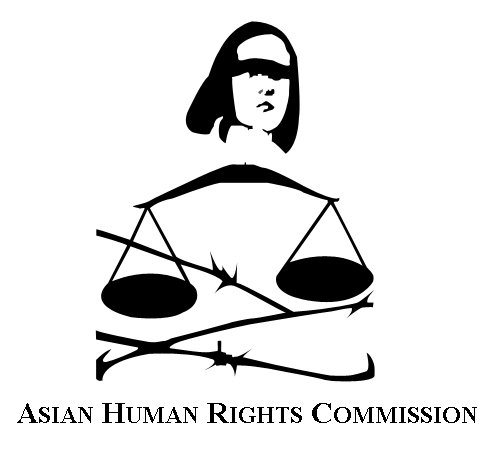
Bangladesh has observed the press freedom day while several media establishments are facing arbitrary closure for years. Journalists of print and electronic media as well as owner of a private television channel continue to languish in jail. Physical threat, trumped up criminal charges, intimidation and arbitrary detention for criticising the incumbent government or publishing opinion which may favour the opposition, is a common phenomenon. Successive governments in Bangladesh have spared no resources to stifle the media with a view to gag dissenting voices.
The incumbent government has set new records in suppressing the freedom of the press, including the freedom of expression and opinion, in last eight years. According to information gathered by Odhikar, from May 2016 to April 2017 one journalist was killed, 38 journalists were injured, eight assaulted, 12 threatened and one was attacked while they were performing their professional duties. During this time, 18 journalists were sued and one was arrested. Today the government controls almost every media house in the country directly or indirectly. Broadcast licenses to television channels are issued only to those associated with the ruling political and financial elites and admirers of the regime. It has given approval to five new private television channels. The owners of these new TV channels include a Minister, a Member of Parliament of the ruling party, and persons who are closely connected with the government. This, among other reasons, has contributed to degeneration of the professionalism of journalists.
The government has been preventing pro-opposition electronic and print media from publishing views that are critical of the ruling alliance. The incumbent government allegedly forced shut down pro-opposition electronic media, such as Channel 1, Diganta TV, Islamic TV. Several draconian legislations like the Information and Communications Technology Act-2006 was amended in 2009 and 2013 retaining vague definitions of cyber crimes, with harsher penalties, coupled with National Broadcasting Policy-2016, have intensified threats to freedom of press, as well as the freedom of expression. The government consistently failed to provide enabling environment for free, accurate and impartial reporting as per the journalistic ethics and principles. Intelligence and law-enforcement agencies as well as political cadres too play adverse role in stifling the free voices. As a consequence, journalists and media professionals are forced to practice self-censorship in the country. There are reports that journalists are often being attacked by armed elements empowered with covert support from the ruling political party while gathering information or in relation to publishing reports.
The Daily Amar Desh has been closed since April 2013. Acting Editor of the daily Amar Desh, Mahmudur Rahman, is currently on bail after being detained for three and a half years in jail with 82 sub-judice cases against him. Most of the cases alleged charges related to defamation and sedition.
There have been 79 cases filed against Mahfuz Anam, the Editor of the Daily Star, with charges ranging from sedition and defamation in different districts of the country.
On 16 April 2016, members of the Detective Branch of Police arrested journalist Shafik Rehman from his house without warrant senior for alleging ‘conspiracy of abducting and killing the Prime Minister’s son in the US. The 82-year-old journalist was taken into a 10-day remand in two intervals. Later, the Appellate Division of the Supreme Court granted him bail and he was released on 6 September 2016.
Shaukat Mahmud, the Editor of Weekly Economic Times and President of the Bangladesh Federal Union of Journalists, was arrested on 18 August 2015 and held nearly a year in arbitrary detention. Shaukat has been charged in 24 fabricated criminal cases of arson and vandalism. On 22 June 2016 he was finally released on bail following orders of the High Court Division of the Supreme Court.
These instances concludes that media professionals as victims can could avail their right to ‘bail’ from the judicial system after prolonged arbitrary detention. The closed media houses too, have not received any effective judicial remedy to restart their broadcast. It indicates that the justice delivery mechanisms are failed to establish its constitutional authority to uphold the freedom of press.
The government also reportedly denies access of international media-professionals in Bangladesh. The ongoing abuse of governmental authority against the journalists contributes to polarising the professional media community. While some have chosen to either remain silent or to tow the chain of the regime, those who dare to weather the excesses risk their lives by remaining a journalist.
Freedom of press cannot be achieved without functional justice delivery mechanisms having competence in upholding the principles of justice. The media community must start acting upon transforming the justice delivery mechanisms to uphold their professional freedom and by sharing relevant information to generate public opinion for greater public good. Government of Bangladesh must work towards a justice based society to fulfil its objectives of the war of independence: ‘equality’, ‘human dignity’, and ‘social justice’ and its constitutional values as a matter of priority.
http://www.humanrights.asia/news/ahrc-news/AHRC-STM-033-2017
